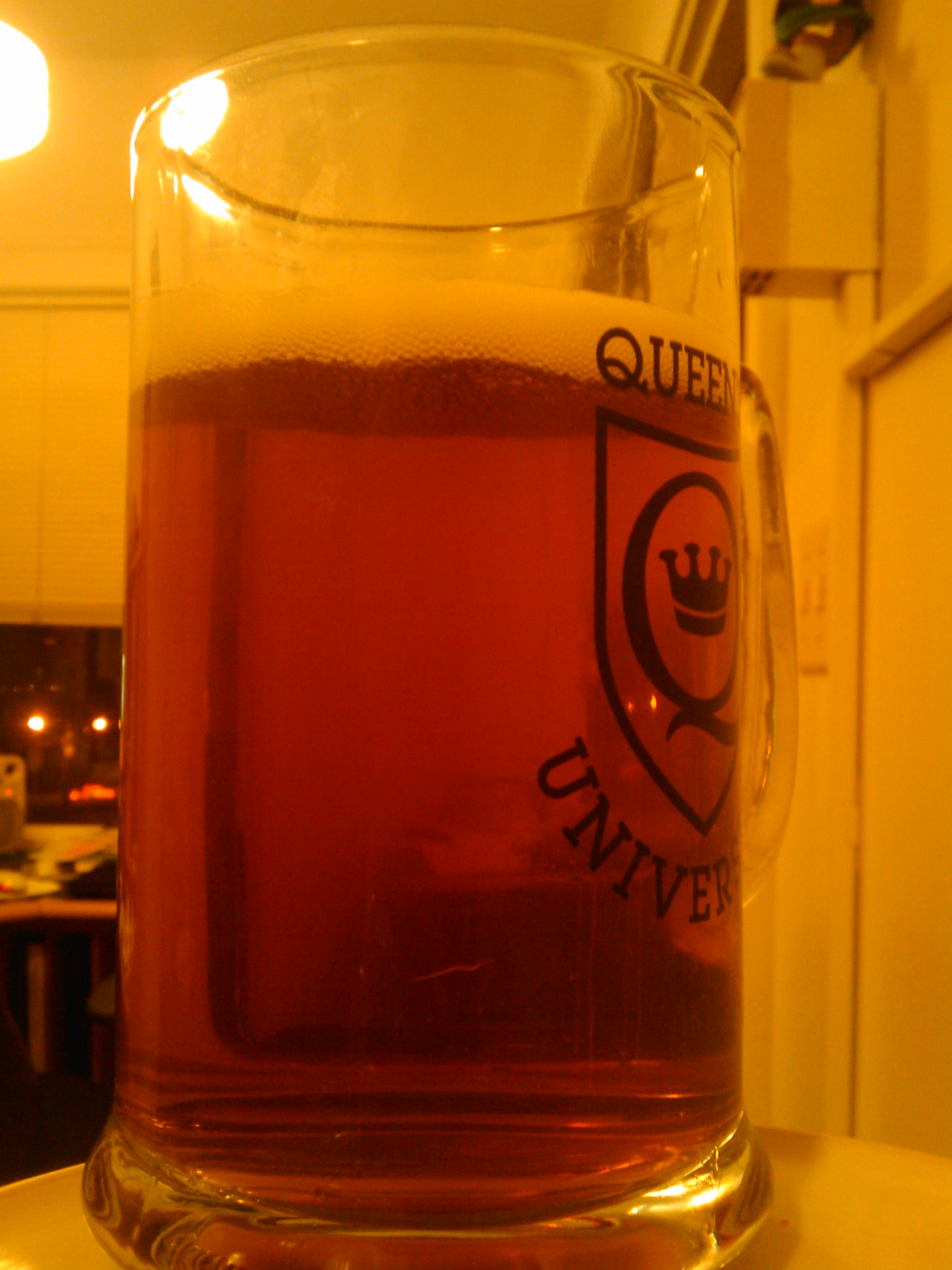OK. So, mostly I do not care about chill haze, but sometimes I wish I could have a clearer beer. I do not want to get into post-boil fining or filtration. I do wonder if there's something I can do in the mash. From what I understand, chil-haze is suspended protein that somehow becomes more apparent when the beer is chilled, right?
My brewing set up: single infusion in a cooler mash tun, batch sparge, and I usually like to mash low to ensure dry beers-- 148-150 ish range. My last beer was an APA, two row base, Wyeast 1272, American Ale II. Clear in the fermenter, hazy once chilled down in bottles.
I've read that a protein rest can cut down chill haze-- can anyone back that up with their mashing schedules?
My brewing set up: single infusion in a cooler mash tun, batch sparge, and I usually like to mash low to ensure dry beers-- 148-150 ish range. My last beer was an APA, two row base, Wyeast 1272, American Ale II. Clear in the fermenter, hazy once chilled down in bottles.
I've read that a protein rest can cut down chill haze-- can anyone back that up with their mashing schedules?




